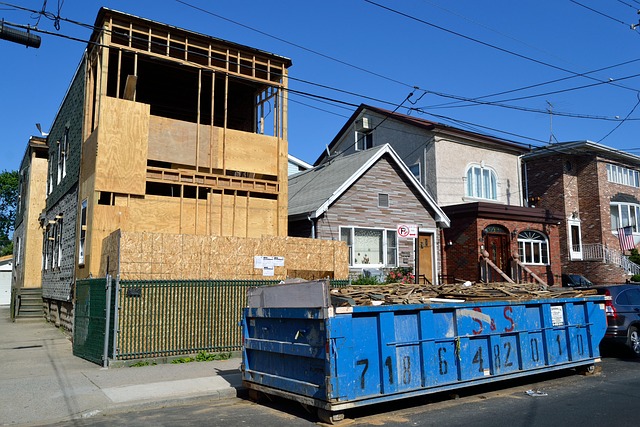Understanding local real estate regulations, including zoning laws and building codes, is vital for successful land acquisition. Researching these rules, consulting experts, and navigating government processes proactively ensures compliance, avoids delays, and aligns with market standards in the competitive real estate sector. Adherence to safety guidelines fosters property value and community well-being.
Acquiring land is a significant step in any real estate venture, but it’s just the beginning. To transform your property into a reality, you must navigate the complex permitting process. This involves understanding local regulations and zoning laws, securing necessary permits and licenses, and complying with building codes and safety standards. By meticulously following these steps, you lay the groundwork for a successful development project.
Understand Local Regulations and Zoning Laws

Before diving into the permitting process, it’s crucial to understand local regulations and zoning laws specific to real estate acquisition. These rules govern how land can be used, developed, and modified, ensuring harmony between new projects and existing communities. Each municipality has its unique set of guidelines, which can range from restrictions on building types and sizes to conservation areas and historic preservation requirements.
Real Estate professionals must thoroughly research these regulations to avoid costly mistakes or delays. This involves reviewing zoning maps, attending local government meetings, and consulting with experts who stay updated on legislative changes. By proactively understanding the legal framework, individuals can navigate the permitting process more effectively, ensuring their land acquisition plans align with local expectations and standards.
Secure Necessary Permits and Licenses

Acquiring land is an exciting step in any real estate venture, but it’s not without its administrative hurdles. Securing the right permits and licenses is a crucial part of the process that ensures your project adheres to local regulations. This involves careful navigation through various government agencies, each with their specific requirements.
The permitting process can be intricate, requiring an understanding of zoning laws, building codes, environmental impact regulations, and more. It’s essential to allocate time for thorough research and preparation. Engage with local authorities, seek guidance from professionals who have experience in real estate development, and ensure all necessary paperwork is completed accurately and on time to avoid delays or legal complications in your land acquisition journey.
Comply with Building Codes and Safety Standards

When acquiring land and navigating the permitting process for real estate development, adhering to building codes and safety standards is paramount. These regulations are designed to ensure that structures are safe, durable, and constructed in accordance with established practices. Compliance involves understanding local zoning laws, construction permits, fire safety measures, and accessibility guidelines. Each jurisdiction has its own set of rules, so it’s crucial to consult with professionals who can guide you through the process and ensure your project meets all necessary criteria.
Failure to comply with these standards can lead to delays, costly renovations, or even structural issues down the line. By prioritizing code compliance from the outset, developers can avoid potential legal pitfalls, enhance property value, and contribute to safe and sustainable communities. This attention to detail is especially important in today’s competitive real estate market, where buyers increasingly seek properties that meet high safety and quality standards.






